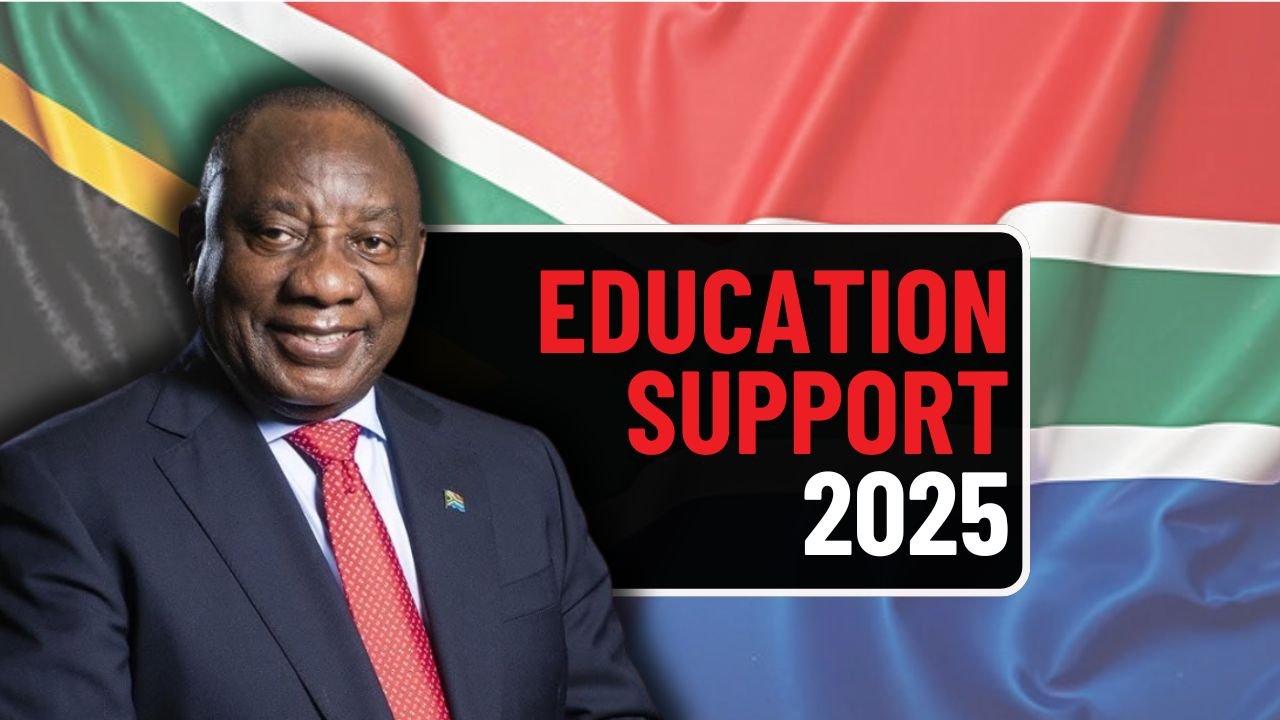In a groundbreaking policy shift aimed at supporting students and their families, the South African government has introduced a new Education Support initiative for 2025. This initiative, set to provide free school supplies to learners, underscores the nation’s commitment to equitable education and social upliftment. As economic challenges continue to strain household budgets, this support plan is expected to make a meaningful impact by covering essential school materials at no cost to families.
Bridging the Education Gap Through Essential Supplies
The initiative focuses on ensuring that every learner has equal access to fundamental educational tools. From textbooks and writing materials to school uniforms and backpacks, the government’s commitment is to alleviate financial pressure while promoting inclusivity in education. By distributing these essentials across the country, the program aims to narrow the divide between well-resourced and under-resourced students and create an equitable learning environment for all.
How Families Will Access School Supply Assistance
To ensure broad participation, the government has introduced a user-friendly application system. Parents and guardians can register through local schools or community centres. For added convenience, an online registration option is also available. Assistance will be provided to families who may face difficulties navigating the process, including support hotlines and language interpreters. School enrolment verification is required, ensuring that the support reaches eligible public school learners.
What the Program Offers to Every Eligible Student
The 2025 Education Support package includes a comprehensive collection of academic resources. Students will receive new textbooks aligned with their grade level, full stationery kits, proper school uniforms, quality backpacks, and access to digital learning platforms. These items are tailored to support students throughout the academic year and are distributed periodically, depending on the item type. The goal is to provide continuous and reliable educational support throughout the school cycle.
Positive Effects Expected from This National Initiative

This education support program is anticipated to generate a wide range of positive outcomes. Schools are likely to see improved attendance as the barriers to participation are reduced. Teachers will be better positioned to conduct lessons knowing that students are adequately equipped. The psychological relief for families struggling financially may also lead to improved household morale and increased focus on academic achievement by learners.
Strategic Vision Behind the 2025 Support Plan
The 2025 Education Support framework has been carefully designed for long-term sustainability. With annual and bi-annual distribution plans in place, the initiative incorporates regular monitoring to adapt to students’ evolving needs. Digital resources will be continuously available, and communities will play an active role in providing feedback. This ongoing engagement ensures that the support remains relevant and effective as conditions change.
Local Communities Play a Vital Role in the Rollout
A crucial part of the initiative’s success lies in collaboration with local stakeholders. Schools, NGOs, businesses, and community leaders have all been enlisted to help implement the program on the ground. Informational sessions and workshops are being held to keep families informed, while volunteers and community champions assist in outreach efforts. This multi-stakeholder approach helps ensure that no child is left out of the education support system.
Monitoring and Improving the Program Over Time
To maintain transparency and efficiency, the government has implemented a robust feedback and evaluation process. Surveys, focus groups, and performance metrics will be used to measure the program’s impact. Data collected will guide policy refinements, ensuring that the initiative adapts to on-the-ground realities. Public reports will be published regularly to keep citizens informed about the progress and outcomes of the education support strategy.
Expansion and Innovation in Learning Aid
The South African government has indicated that the 2025 initiative is just the beginning of a larger educational reform. Future phases may include extending support to more schools, increasing the diversity of educational materials, and deepening the integration of technology in classrooms. Additionally, plans are being made to enhance teacher training programs to align with the resources provided. By investing in learners today, the nation is taking bold steps toward building a brighter, more equitable tomorrow.


